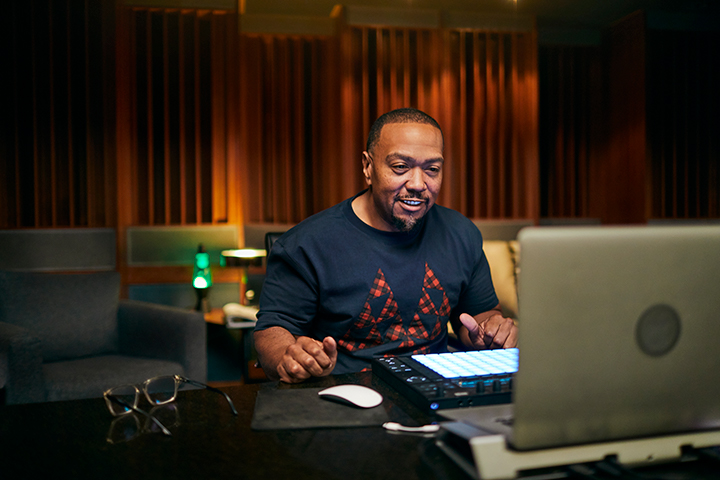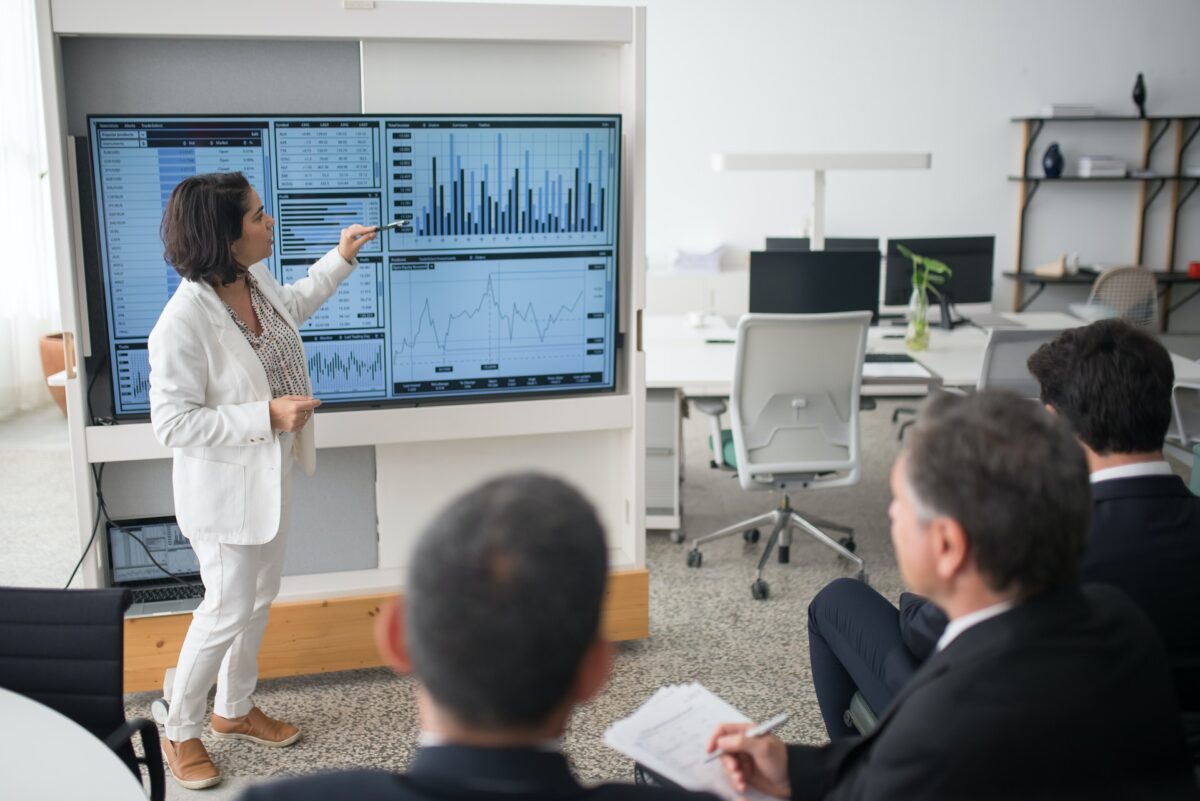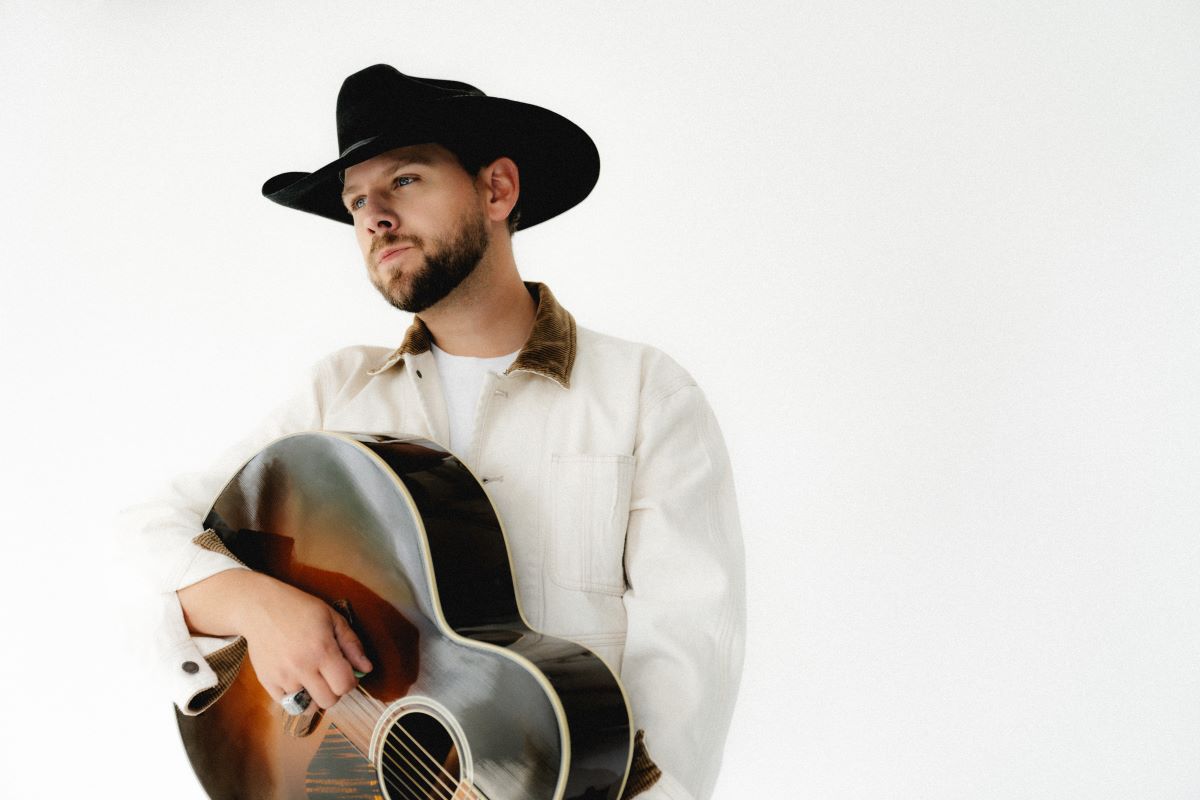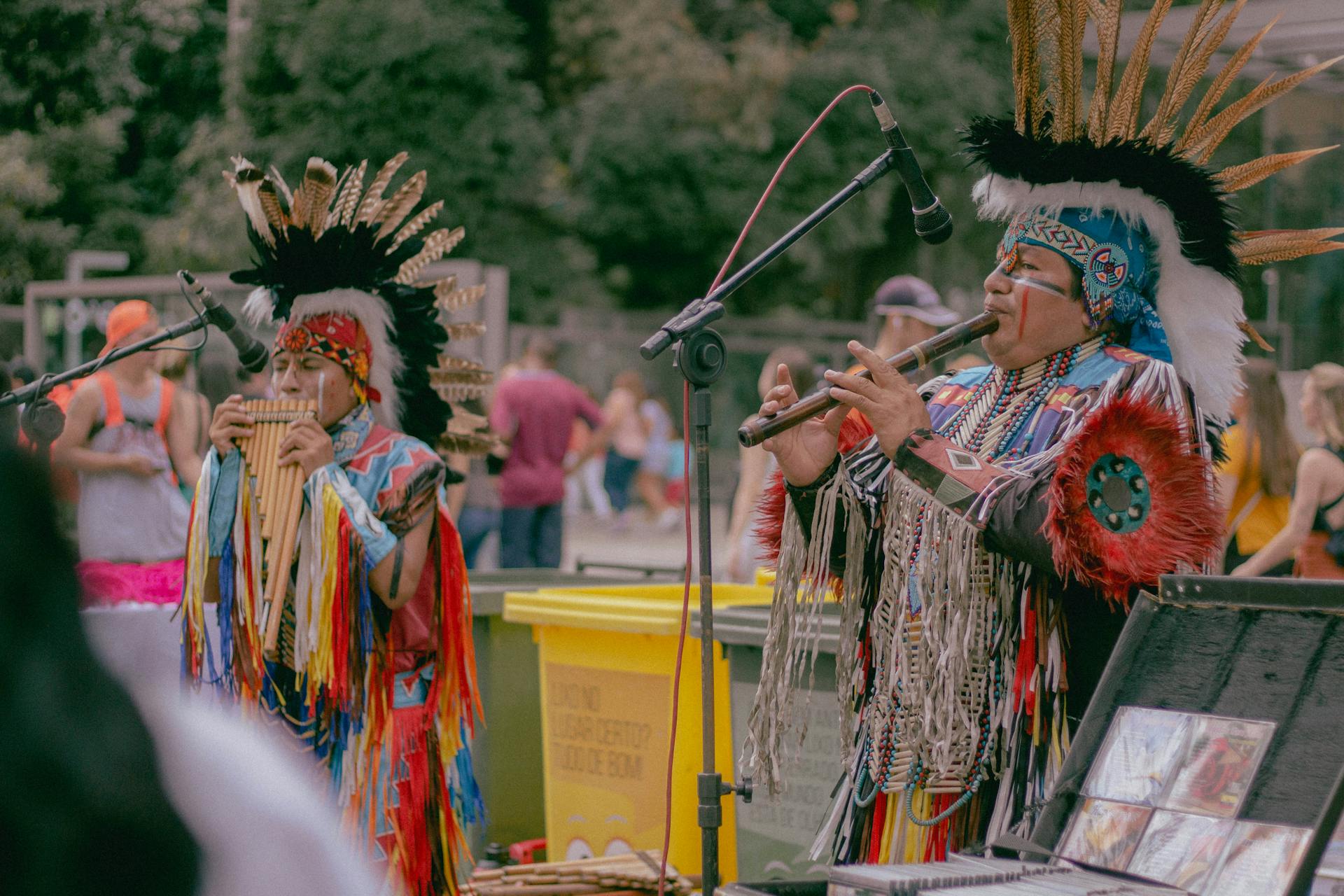Born and raised in California and trained at New York’s prestigious Julliard School, Jessica Chastain uses her fame to try to make a difference for women. While many movie stars are content to attend glitzy galas and make token charitable donations, Chastain has gone to great lengths to speak out against sexual harassment and abuse and actively fights to make her own industry safer and fairer for women.
By almost any measure, Chastain has had a successful career, and she’s done so largely by portraying powerful women. She commanded a space mission in 2015’s The Martian; she was a badass female warrior in 2016’s The Huntsman: Winter’s War; and she starred as the real-life Molly Bloom, who ran a self-made gambling empire and took on the FBI, in 2017’s Molly’s Game. All this after being nominated for an Oscar for her supporting role in 2011’s The Help, and again for Best Actress in 2012’s Zero Dark Thirty, director Kathryn Bigelow’s acclaimed film about the hunt for Osama bin Laden.
“Powerful women on screen are generally written up in two ways: manly and tough or sexy female spy who uses her feminine wiles to get what she wants,” Chastain told Britain’s Telegraph in 2013, discussing her Zero Dark Thirty character, Maya. “Maya is neither: she’s a woman who uses her brain – and that’s what Kathryn [Bigelow] is too. She happens to be a woman, but she’s a great director.”
As Chastain’s fame has grown, she’s remained a steadfast champion of equal rights – and pay – for women and a positive voice during the #MeToo era. Recently, when she learned that her friend and co-star from The Help Octavia Spencer was making far less than she was on an upcoming holiday comedy that reunites the pair, Chastain immediately renegotiated with producers to ensure that both actresses are paid the same – and about five times what they were originally set to make.
“I love that woman, because she’s walking the walk and she’s actually talking the talk,” Spencer said of Chastain at the 2018 Sundance Film Festival. “She said, ‘Octavia we’re gonna get you paid on this film… You and I are gonna be tied together. We’re gonna be favoured nations, and we’re gonna make the same thing.’ Fast forward to last week, we’re making five times what we asked for.”
“I’m not taking jobs anymore where I’m getting paid a quarter of what the male co-star is being paid. I’m not allowing that in my life,” she told Variety in 2017. “What I do now, when I’m taking on a film, I always ask about the fairness of the pay. I ask what they’re offering me in comparison to the guy. I don’t care about how much I get paid; I’m in an industry where we’re overcompensated for the work we do. But I don’t want to be on a set where I’m doing the same work as someone else and they’re getting five times what I’m getting.”
In addition to campaigning for gender equality, Chastain has also been heavily involved in the #MeToo movement, speaking out against sexual harassment in Hollywood and beyond. She was a key part of establishing Time’s Up, a legal defense fund intended to help victims in any industry, created in response to the numerous reports of harassment and abuse that exploded in late 2017.
Even as she’s distinguished herself as a positive voice for gender equality, Chastain’s star continues to rise. She’s starring in two of 2019’s most anticipated blockbusters: It: Chapter 2, the sequel to the highest-grossing horror film of all time, and X-Men: Dark Phoenix. She’s also set to play a pair of iconic female entertainers, Tammy Wynette and Ingrid Bergman, in a pair of biopics currently in pre-production.
Not content with just acting, Chastain is also producing her own films. In 2016 she founded her own production company, Freckle Films, which recently completed a $20 million deal with Universal for 355, a female-driven spy movie starring Chastain, Chinese star Fan Bingbing, and Oscar-winners Penelope Cruz, Lupita Nyong’o, and Marion Cotillard. The big transaction was the talk of this year’s Cannes Film Festival.
Chastain’s incredible success hasn’t stopped her from speaking openly about the problem of harassment in Hollywood. While being outspoken could potentially put her own career at risk, Chastain believes that helping people and doing what’s right is more important than playing it safe.
“You can be quiet and make everyone happy and that’s fine, and hopefully everyone will come see your films and you’re not going to offend anyone,” she told The Guardian. “But then, are you moving the needle in any direction? What’s the point of being alive, in some sense? You’re just kind of sleepwalking through your life.”
Justin Anderson | Senior Editor
Photo Credit: Marco Grob For VARIETY




















